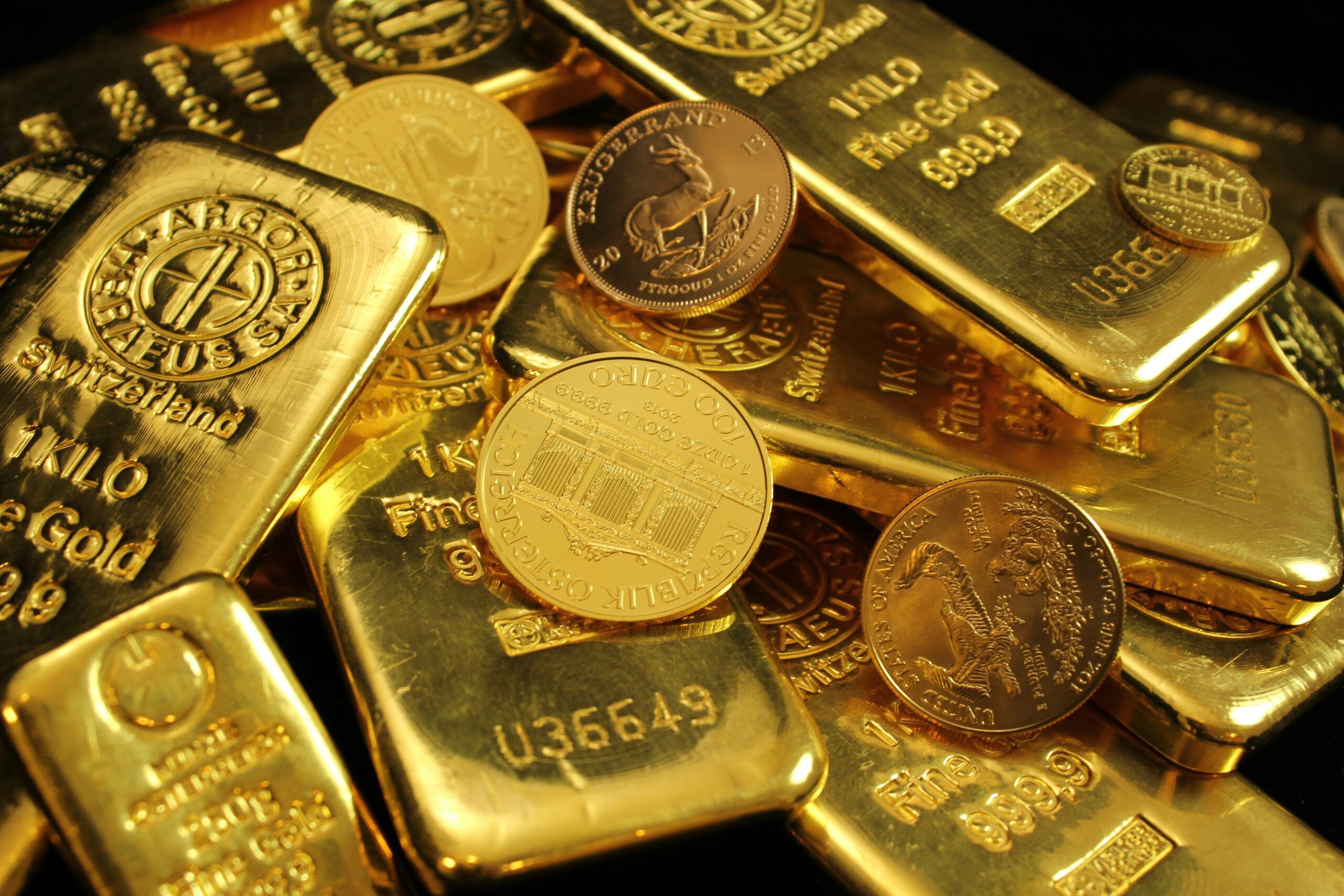
Swiss Government Offering Gold Concessions to U.S. for Improved Tariffs
To reduce the tariffs currently standing at 39%, imposed by President Trump, the Swiss government has offered to invest in the United States’ gold refining industry in the hope that the White House will reconsider its position. The tariff has already harmed exports* to the United States, and in a statement, the Swiss Government said: “Diplomatic and political exchanges will continue with a view to achieving a quick reduction in additional tariffs.”
*Exports to the United States have been severely affected since the 39% tariff came into effect. In August, exports fell by 22% (excluding gold and adjusted for seasonal fluctuations) compared with the previous month. Swiss watch exports to America dropped sharply in August, further compounded by weak demand from China. In a statement on Thursday, 18 September, the Federation of the Swiss Watch Industry announced that all major markets were down, with the U.S. market (the industry’s largest) falling by 24%, and overall exports down 17% year-on-year.
*Gold bullion exports to the United States in August fell to 0.3 tonnes, taking a dramatic decline. However, clarification from the White House confirmed that tariffs on gold would not be implemented, a decision only formalised in September, allowing the resumption of the bullion trade. America’s trade deficit with Switzerland fell by one-third in August compared with the previous month, from CHF 2.93 billion to CHF 2.06 billion (USD 2.6 billion), marking the lowest level since 2020, according to data from the Swiss Customs Office. Overall, Swiss exports declined by just 1%, as increased shipments to Europe, Canada, and Mexico helped offset the U.S. tariffs.
Experts have advised that, according to sources close to the talks, proposals made by the Swiss government to both U.S. Treasury Secretary Scott Bessent and Trade Representative Jamieson Greer involve Swiss refiners relocating their lowest-margin business to the United States. The offer, insiders report, also includes melting down gold bars traded in London and recasting the metal into the smaller sizes preferred in New York.
Records show that the bullion trade with the United States is, on average evenly balanced. However, this changed in the first quarter of the year as fears arose that President Trump might impose tariffs on gold. This not only created a substantial surplus but also opened up highly profitable arbitrage opportunities for traders. The first quarter distortion of Switzerland’s trade surplus figures with the United States (bullion accounted for than two-thirds of the surplus), ignited criticism of the gold industry. Attention quickly turned to the canton of Ticino, home to the world’s largest gold refining hub, through which almost all of the world’s gold passes.
Analysts suggest that the Switzerland’s gold refining industry is an easy target for U.S. politicians. However, to portray it as the villain behind Switzerland’s distorted trade surplus with the United States is considered by many to be far-fetched. The surplus, which appears to be the justification for President Trump’s 39% tariff, is, according to some experts, merely an excuse to raise levies. They note that the United States itself had a gold surplus of approximately USD 3.6 billion in 2024. The surge in gold bullion shipments from Switzerland to New York altered that balance, as many Swiss refineries operated at full capacity to melt down the 400-troy-ounce bars traded in London into the smaller one-kilogram bars preferred in New York.
Overall, the Swiss economy has remained relatively resilient. However, due to the tariffs, the government has warned that slower growth is expected for the remainder of the year. The Swiss government is currently working to diversify its trading partnerships and, together with other members of the European Free Trade Association (EFTA), signed a new free trade agreement with the South American Mercosur bloc in the third week of September. EFTA comprises Norway, Switzerland, Liechtenstein, and Iceland, while the Mercosur countries include Argentina, Bolivia, Brazil, Paraguay, Uruguay, and Venezuela.
You may also like
- Digital Markets at Odds Over the Future of Bitcoin in 2026
- The Bank of Japan Raises Interest Rates to Their Highest Level in 30 Years
- European Central Bank Holds Interest Rates
- Decoding the Fine Print: Key Terms in a Loan Agreement Every Director Should Know
- Unlock Global Trade: Your Guide to Cash Flow Lending for High-Volume Importers

Other facilities
IntaCapital Switzerland | Copyright © 2025 | All Rights Reserved